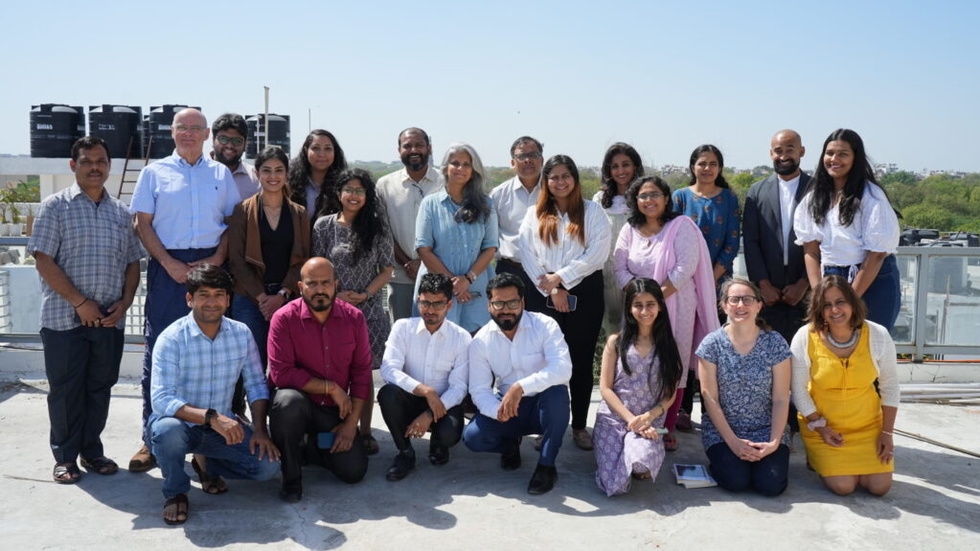Neurodevelopment and AutisM in South ASia Treatment and Evidence

The Aim of the Project:
The NAMASTE project aims to bridge the gap in early detection and delivery of evidence-based interventions to support young children with neurodevelopmental disabilities, especially autism. Led by Dr. Jonathan Green, Dr. Gauri Divan, and Dr. Vikram Patel, NAMASTE is designing, implementing and evaluating a detection and care pathway for children with autism in four project sites in India, Nepal, and Sri Lanka.



